Foreign Policy
Qatar’s Partnership with the United Nations
Qatar has been a member of the United Nations (UN) since 1971. Qatar’s Permanent Representative to the UN is Her Excellency Sheikha Alya Ahmed bin Saif Al Thani. Through its strategic partnership with the UN, Qatar supports international peace and security initiatives, international development, human rights, and combatting the various challenges that exist in the world.
Due to a strong commitment for global development and humanitarian aid, Qatar signed agreements pledging to contribute $500 million to a diverse range of UN programmes, including the United Nations Development Programme (UNDP) and the United Nations Office for the Coordination of Humanitarian Affairs (UNOCHA), among many others.
Qatar and the UN also established new UN offices in Doha, including the Office of the United Nations Programme Office on Parliamentary Engagement in Preventing and Countering Terrorism (UNOCT) and the United Nations Office for the Coordination of Humanitarian Affairs (UNOCHA).
Qatar strengthened its position as a regional hub for multilateralism with the opening of the United Nations House in Doha in 2023 – the first of its kind in the region. The UN House highlights Qatar’s cooperation with the UN, and its permanent efforts towards achieving common goals between the State of Qatar and the specialised agencies of the organisation.
Qatar’s International Diplomacy and Development Efforts
Qatar’s foreign policy is based on a set of principles aimed at strengthening international cooperation and encouraging the peaceful resolution of disputes. Qatar strongly believes in the power of diplomacy and dialogue and has a successful track record in conflict mediation. Qatar’s foreign policy respects and honours all international treaties and conventions to which it is a party.
Qatar’s foreign policy seeks to:
- Promote sustainable development and alleviating discrimination against women and religious minorities.
- Provide humanitarian assistance in regions of conflict and war.
- Support and strengthen efforts to reduce anticipated humanitarian needs during emergencies.
- Find solutions to conflicts through dialogue and mediation.
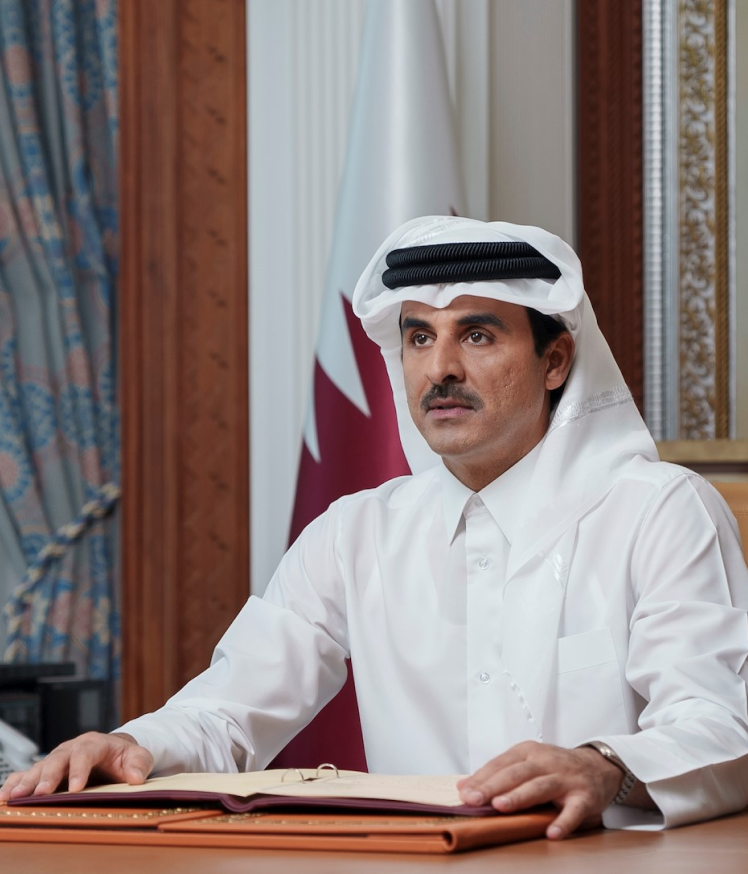
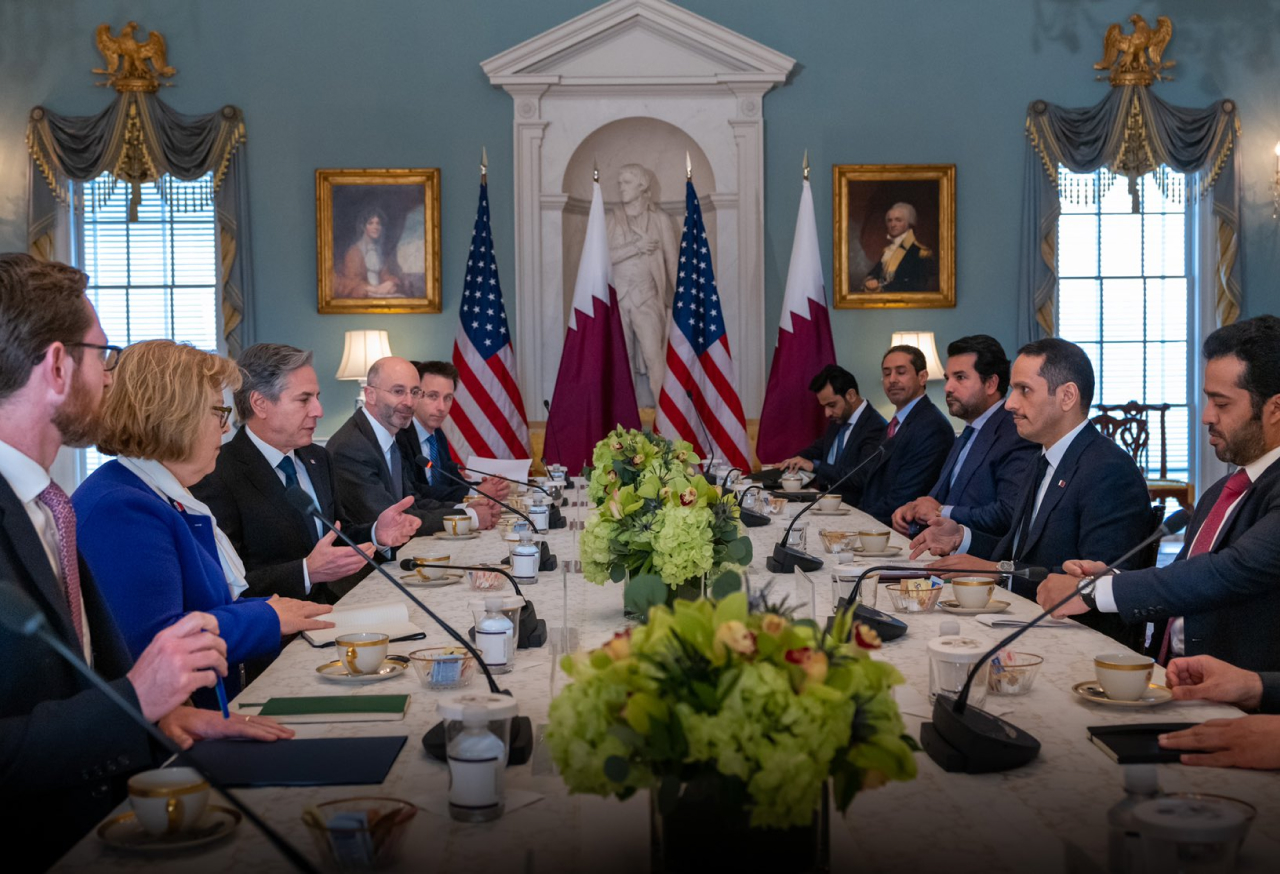
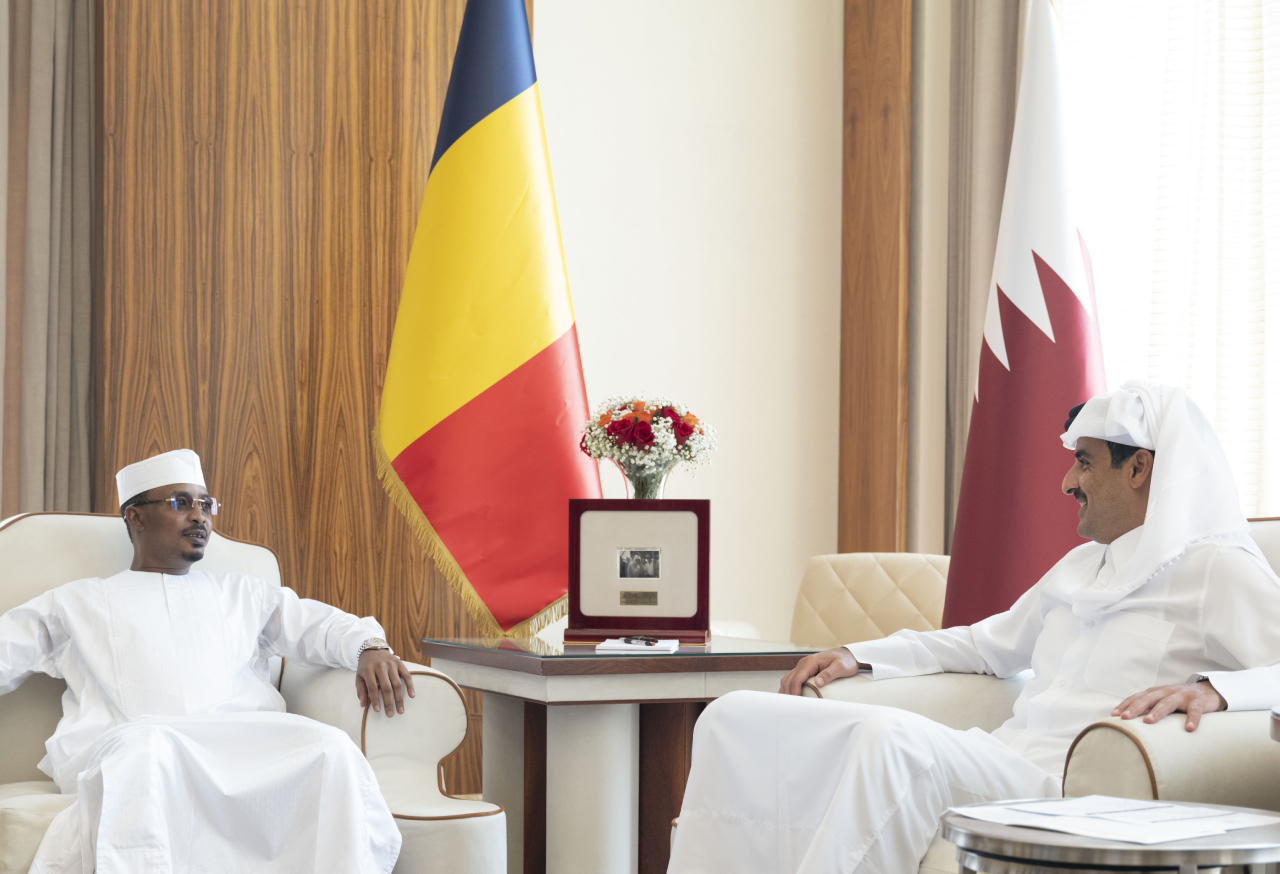
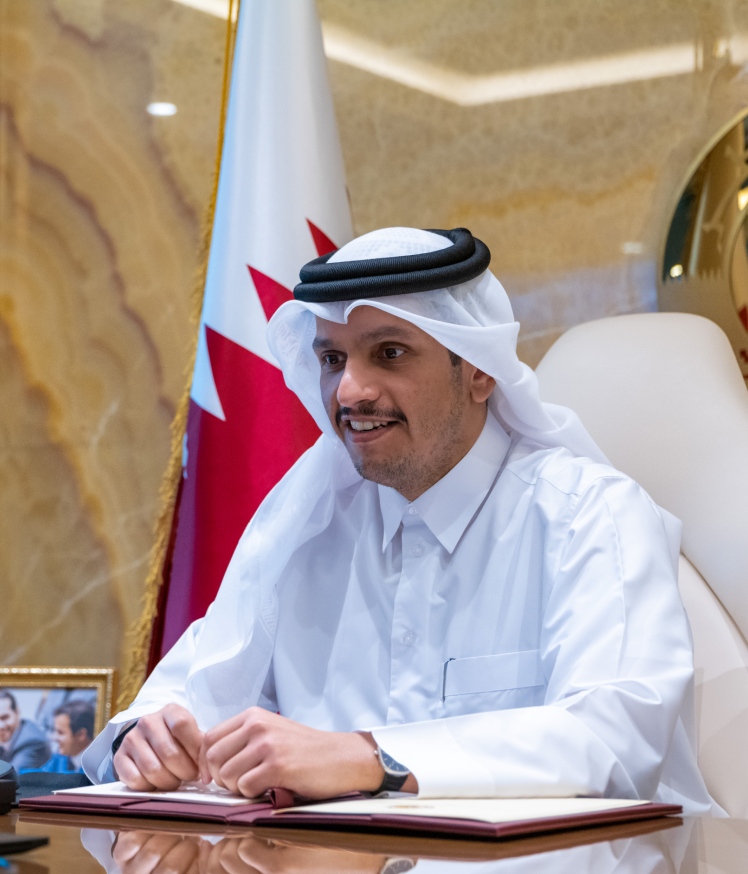
Resolving Conflicts through Dialogue and Mediation
Qatar is committed to maintaining stability and international peace and security, based on its belief in the need to address conflicts and disputes through dialogue, peace facilitation, and mediation.
Qatar’s Most Prominent Regional and International Mediation Efforts
Qatar has served as a mediator and peace facilitator in major conflicts in the past.
-
2008
Qatar brokered the Doha agreements between rival Lebanese factions, which ended an 18-month long political crisis.
-
2008-2013
Qatar took a leadership role in peace efforts in Sudan, hosting peace talks in Doha between the Sudanese Government and the Justice and Equality Movement in Darfur.
-
2015
Qatar successfully mediated between the rival Tebu and Taureg tribes in Libya, resulting in the signing of a peace and reconciliation agreement in Doha.
-
2020
Qatar mediated the signing of an agreement between the US and the Taliban.
-
2021
Qatar mediated a dispute between Kenya and Somalia.
-
2021
Qatari efforts contributed to a ceasefire declared between Gaza and Israel, in coordination with Egypt and the United Nations.
-
2022
Qatar hosted negotiations between Chad’s Transitional Military Council and Chadian opposition groups to bring an end to the armed conflict and build towards national reconciliation, resulting in the signing of the Doha Peace Agreement.
-
2023
Qatar mediated the exchange of detainees between the US and Iran, as well as a successful prisoner swap deal between the US and Venezuela. In the same year, Qatar’s mediation efforts during the war in Gaza contributed to a humanitarian pause and the release of over 100 hostages.
-
2023 - 2024
Qatar's mediation efforts led to the reunification of Ukrainian and Russian children with their families.
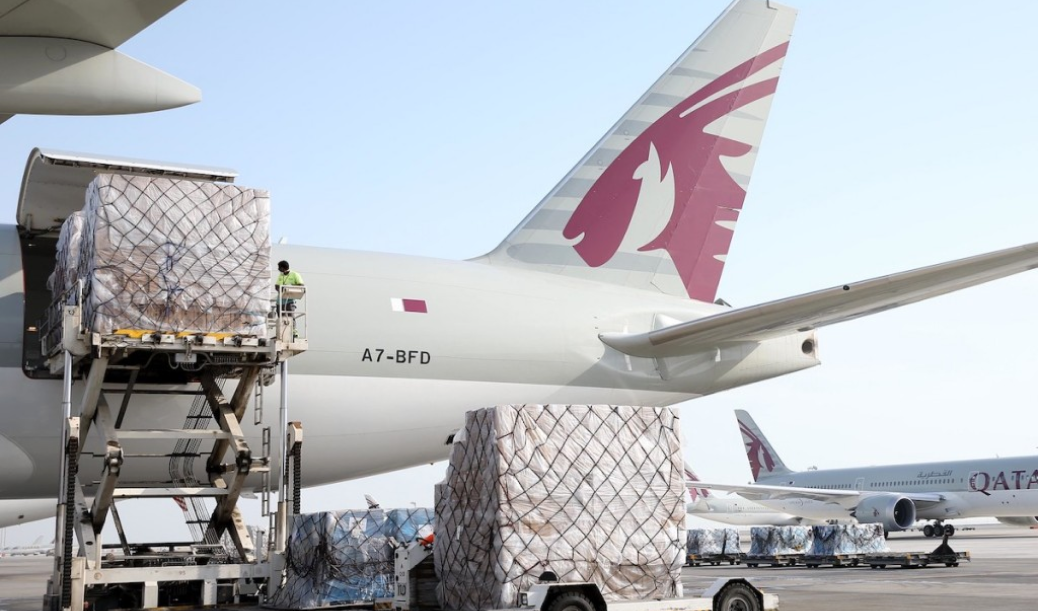
Humanitarian Aid
Multilateral framework
Qatar plays an active role in the international community, including through its membership in the Gulf Cooperation Council, the League of Arab States, the Group of 77, the Non-Aligned Movement, and the Organisation of Islamic Cooperation.
